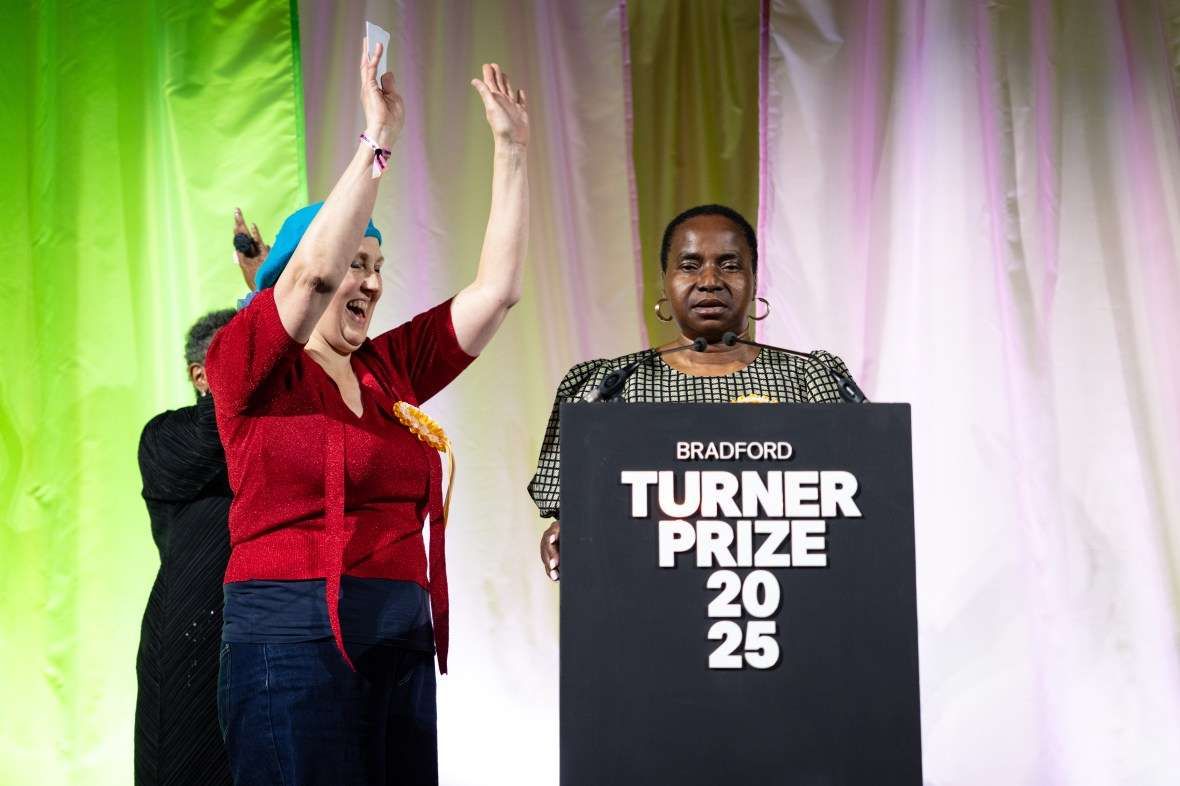The environmental activist group Just Stop Oil has announced an end to its disruptive direct action protests, declaring a significant victory in its campaign to halt new oil and gas developments. In a statement released by the organisation, the group confirmed it had successfully influenced government policy to abandon new fossil fuel exploration, marking a major turning point in the movement’s goals.
“Just Stop Oil's initial demand to end new oil and gas is now government policy, making us one of the most successful civil resistance campaigns in recent history,” the group’s statement read. It went on to claim responsibility for having kept over 4.4 billion barrels of oil in the ground, while legal victories in the courts have ruled new oil and gas licences unlawful.
Shifting tactics for a new phase
Despite the group’s high-profile stunts, including throwing soup at Van Gogh paintings, spraying cornstarch on Stonehenge, and engaging in slow-marching protests in the streets , Just Stop Oil announced that it would now move away from such controversial actions. “It is the end of soup on Van Gogh's, cornstarch on Stonehenge, and slow marching in the streets,” the group said. However, they stressed that the fight for climate justice is far from over: “It is not the end of trials, of tagging and surveillance, of fines, probation and years in prison.”
In their statement, Just Stop Oil acknowledged that the political landscape remains fraught with challenges, particularly in light of corporate interests and the influence of billionaires on the global political stage. “As corporations and billionaires corrupt political systems across the world, we need a different approach,” the group said, hinting at a new strategy that would respond to these pressures. “Nothing short of a revolution is going to protect us from the coming storms,” they warned, leaving the door open to further action, though likely in a different form.
Labour administration distances itself
Although Just Stop Oil’s core demand — to end new oil and gas exploration — has become government policy under the Labour administration, the group’s tactics have been widely criticised, even by Labour leaders. Prime Minister Sir Keir Starmer has been among the group’s most prominent critics, as the government seeks to distance itself from the sometimes controversial methods employed by Just Stop Oil.
Nonetheless, the group has claimed credit for several recent legal and policy victories that have helped bring an end to planned fossil fuel projects. Among these is the halting of oil drilling in Surrey, the suspension of operations at a coal mine in Cumbria, and the cessation of activities at the Rosebank and Jackdaw oil fields in the North Sea.
Despite this alignment in policy, the government has sought to portray itself as working independently of the group’s protests, many of which have provoked strong public reactions and legal repercussions.
A history of high-profile protests
Over the past three years, Just Stop Oil has garnered significant media attention with its direct action protests, many of which have led to arrests and prison sentences for participants. Some of the most notable incidents include activists blocking roads, pouring paint on a robot at a Tesla store, and spraying orange powder on the iconic Stonehenge monument.
The group’s disruptive methods have not been limited to the art world and infrastructure, as they have also staged protests during high-profile events. Activists have disrupted West End theatre performances, including a staging of The Tempest, while others have targeted major sports and entertainment events to draw attention to their cause.
Hundreds of protesters have been arrested during these incidents, and many have faced lengthy jail sentences. Only last week, nine Just Stop Oil protesters were convicted after police foiled an attempt to glue themselves to the runways at Heathrow Airport. Seven of the demonstrators, aged between 26 and 61, were caught with glue and angle grinders near the perimeter fence of the airport in July 2024.
Legal repercussions and leadership in the dock
The group's co-founder, Roger Hallam, has been a particularly prominent figure in the movement and has faced serious legal consequences for his involvement. Earlier this month, Hallam’s five-year prison sentence was reduced by one year following a successful High Court appeal. Hallam had been jailed in July 2024 for his role in planning a protest that disrupted traffic on the M25 motorway, where 45 activists climbed onto gantries over the road to stop cars. He was among 16 activists who challenged their prison sentences, which ranged from 15 months to five years, for their involvement in four demonstrations between August and November 2022.
Despite these convictions, Just Stop Oil remains defiant, with the group claiming its place in history as “one of the most successful civil resistance campaigns in recent history.” While they are stepping back from direct action, their latest statement signals that they are far from retreating from the climate fight.
Having achieved their goal of making the end of new oil and gas exploration government policy and successfully keeping “4.4 billion barrels of oil in the ground,” the group now turns to a “different approach” in tackling climate change. What that approach will look like remains unclear, but their commitment to radical action for the sake of the planet’s future appears unwavering.







 Kalu accepting the award on Tuesday night JAMES SPEAKMAN/PA
Kalu accepting the award on Tuesday night JAMES SPEAKMAN/PA  Nnena Kalu becomes first learning-disabled artist to win Turner Prize Instagram/
Nnena Kalu becomes first learning-disabled artist to win Turner Prize Instagram/ Installation entitled 'Conversations' by artist Nnena KaluGetty Images
Installation entitled 'Conversations' by artist Nnena KaluGetty Images 





